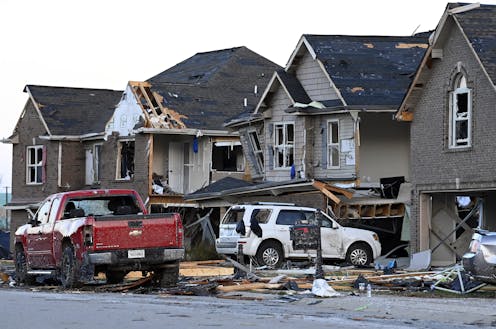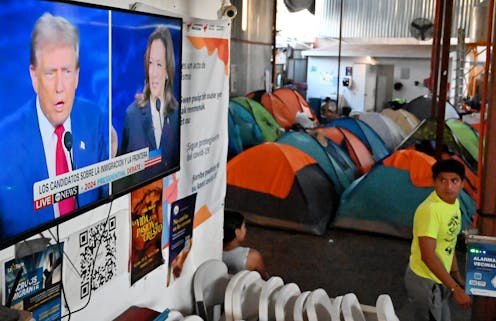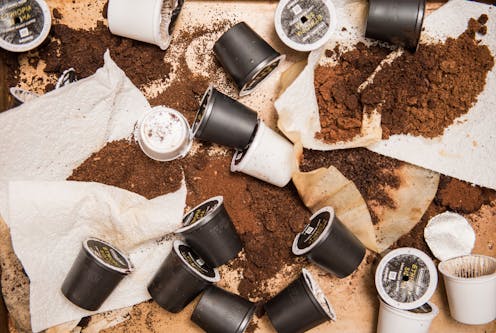US home insurance rates are rising fast – hurricanes and wildfires play a big role, but there’s more to it
- Written by Andrew J. Hoffman, Professor of Management & Organizations, Environment & Sustainability, and Sustainable Enterprise, University of Michigan
 The U.S. has seen a large number of billion-dollar disasters in recent years.AP Photo/Mark Zaleski
The U.S. has seen a large number of billion-dollar disasters in recent years.AP Photo/Mark ZaleskiMillions of Americans have been watching with growing alarm as their homeowners insurance premiums rise and their coverage shrinks. Nationwide, premiums rose 34% between 2017 and 2023, and they continued to rise in 2024 across much of the country.
To...








